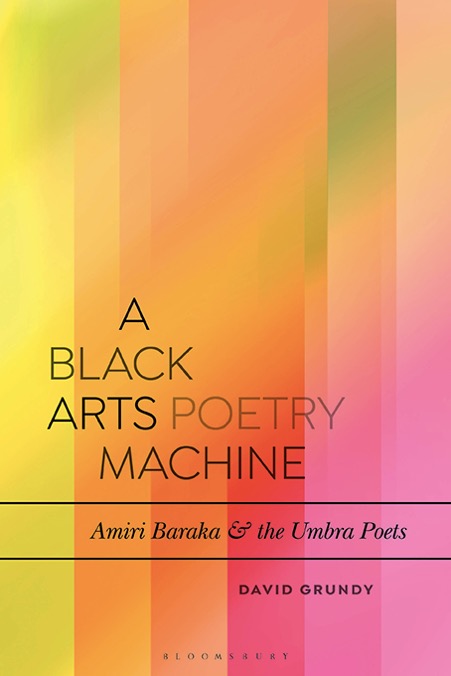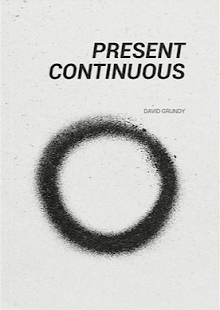
GANNETS + PHIL WASCHMANN/ CHRIS STUBBS
Folly Bridge Inn, Oxford, Tuesday 29th September 2009
The duo of Phil Wachsmann (violin, with electronics) and Chris Stubbs (percussion, also with electronics) took a while to hit its stride (though stride isn’t really the appropriate metaphor, given the particular logic of incident which was in play). Wachsmann bowed violin lines in ‘modern classical’ vein, often repeating one note with bowing variations, playing rather piquant, attractive melodies, then scraping the bow below the bridge or dissonantly plucking: a succession of sound techniques in which flow wasn’t quite adjusted, as yet. That said, what the set revealed as it went on was that flow was often not the order of the game; incidents followed one another in blocks rather than lines, though single areas would frequently be examined at length, especially by Wachsmann.
Things were settling in by the time the first piece reached its latter stages, and Stubbs’ percussion in particular was really coming into its own. Rather than a ‘kit’, he utilised a ‘junk’ set-up: tubs, household implements, and a sheet of metal with stones and coils attached, connected to a small amp and an electronic device which was hidden away behind the upside-down box on which the metal had been placed. His playing was busy, clanging, clattery: a delectable kitchen-pan style approach sure to break things up and keep them moving, though the amplified metal elicited more drawn-out variations, arising no doubt from a delight in the sonorities which were being lovingly drawn from the scrape of a knife or the rattle of a stone.
Waschmann took a closing violin solo (something that he had been building towards for a while, it seemed), and after brief applause, it was Stubbs who went solo, to his surprise as much as anyone else’s – it just felt right, and Wachsmann, eyes closed as ever, concentrated hard, soaking it all up and waiting for the right moment to enter. It came, and soon, with the aid of pedals and resultant effects, he was creating the effect of an entire string section, without this sounding gimmicky – in fact, it was texturally quite delightful, thick and crumbly but with a tautness to it that seemed as though it could break at any point. He even got into some Henry Flynt/ Tony Conrad-style folk-tinged melodic drone, in a section lasting minutes which was really quite pretty, almost pastoral, until Stubbs’ stormclouds of foghorn electronics pushed him into engine effects, bowing up and down the string, and thence to texturally sparser but more actively eventful extrapolations.
Gannets played LOUD from the off, and didn’t stop: the sheer force of their entry took me by surprise, as Steve Noble’s drums and Fyfe Dangerfield’s massively amped-up and distorted keyboard vibrated the floor. It’s impossible really to describe the whole performance (which I guess must have lasted around forty minutes) step by step: though there were definite narrative segments, the overwhelming power and loudness made it hard to remember what had gone before. Paying attention to particular lines or areas or segments would be like concentrating on the individual bricks which made up this monstrous wall of sound. I say ‘wall of sound’, but, on reflection, that well-travelled metaphor seems inappropriate given the relentless propulsion of the thing. This was not a solid construction that sat still on solid foundations; rather something had somehow been set in motion that just would not stop. Indeed, it was almost as if the music had moved beyond the conscious control of the players. I don’t mean that they weren’t in control of what they were playing, but that what and when they chose to play (mostly, sounds full of timbral harshness and buoyant, abrasive energy, all the time) were decisions into which they were pushed by force of circumstance, being made to think and to act simultaneously, to play something before they’d caught up with what was involved. It’s an approach which, of necessity, skimps on detail, or seems to do so, though the make-up of this sound mass is clearly very complex (anyone attempting to analyse the minutiae of what was going on would find enough material to keep them occupied in a research hole for months).
When things threatened to quieten or turn more melodic, one player would be sure to squall or bang or pluck away and up the ante once more, compensating for any drop in volume and tempo. Thus, a slamming riff section or a burst of ‘fake jazz’ from Dangerfield’s suddenly tinny keyboard would soon be dropped for more collective lung-busting, even if Noble did often keep up a fairly pronounced beat, as well as making his customary journeys round his kit with sticks and with various percussive accessories.
Despite the emphasis played on the band as a band rather than as a grouping of showy individuals, each musician’s approach had something distinctively out-standing about it. Dominic Lash’s amplified bass, even with one broken string, gave a real deep end to the band’s sound. Alex Ward’s shards of altissimo wail on saxophone and clarinet were Marshall Allen-like in their scrawly magnificence, and his melodic leaps, as ever, were endlessly fascinating in their absurdly quick-thinking, mellifluous flow. And Chris Cundy played a mean free jazz bass clarinet, alternating low honks, growls and parps with high yawps and cries, and leaping up the registers even more with piercing soprano sax – though his playing on that instrument was often more melodic, if you were able to pick it out of the collective ferment.
At times one wished not so much for ‘subtlety’ (what’s the point in imposing criteria on the music which it was manifestly not attempting to, and not going to fulfill?) as for a slight reduction of volume in Dangerfield’s corner. The utter loudness of his set-up could be seen to have hindered a more dialogic approach between the other musicians which would have produced some textural variety: but then again, the turbo boost of his floor-shaking rumbles and police siren whooshes isn’t something you come across in every improv band. As a whole, the group displayed a nicely collective and layered approach to noise-making: with no ‘leader’ and no ‘solos’, anyone could shape the music’s direction, though that seemed to generate itself much of the time, as an unstoppable current against which the musicians had to swim with ever more frantically powerful strokes. For a good forty minutes, then, Gannets transformed the function room of the Folly Bridge Inn into a profane temple of unholy textured noise.




No comments:
Post a Comment